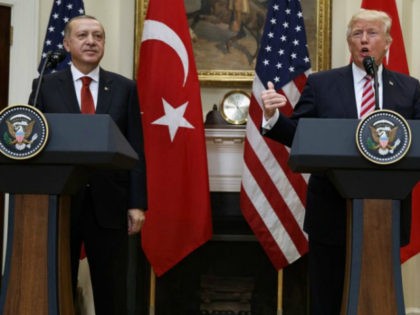Trump Scores Victory For U.S. As Ontario Backs Down on Electricity Charges
Ontario backed down from a threat to raise the price of U.S.-bound electricity after Trump responded with an even bigger tariff hike.
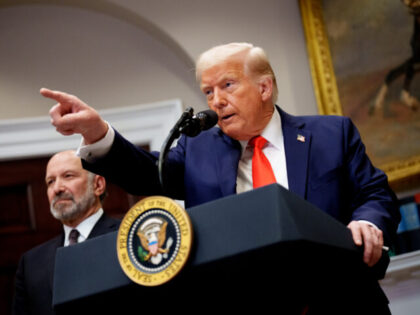
Ontario backed down from a threat to raise the price of U.S.-bound electricity after Trump responded with an even bigger tariff hike.

“Game of Thrones” star Jason Momoa was slammed by the Center for Organizational Research and Education (CORE) in a full-page USA Today ad on Thursday over his alleged hypocrisy regarding the environment.

China, the world’s top producer of magnesium, has severely limited production of the metal hardener — used across the aluminum industries — since September, throwing global supply chains into disarray and threatening to further disrupt worldwide trade through 2022.
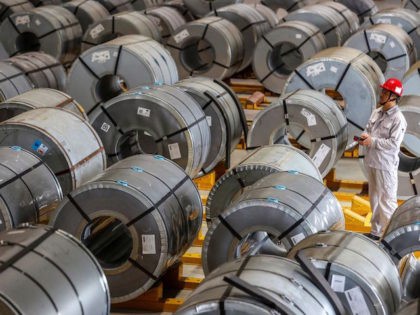
Members of Guinea’s military enacted a coup d’état on Sunday, arresting the West African nation’s president and dissolving the Guinean constitution.

Biden spoke about the tariffs during a press conference on Sunday, after a reporter challenged the president’s repeated assertion that “America is back.”
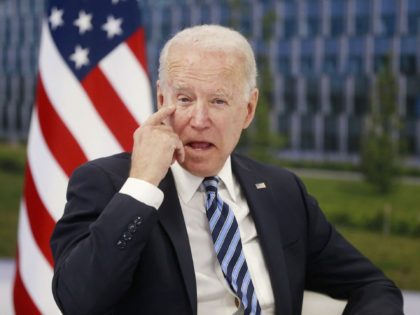
A draft of a joint statement for the upcoming U.S.-E.U. summit commits both sides to resolving the aircraft fight and the U.S. to dropping metals tariffs.
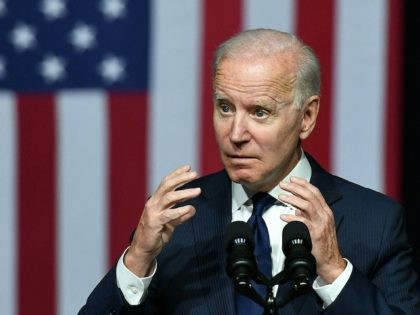
The latest Producer Price Index data debunks the idea that tariffs have squeezed American consumers.

The holiday season and surging consumer sentiment is not pushing up prices. Prices received by U.S. businesses were unchanged in November, indicating extremely low inflationary pressure in the economy despite very low unemployment, recent tariff hikes, and rising wages, according

Trump said that Argentina and Brazil had devalued their currencies and hurt U.S. farmers. He also called on the Fed to cut rates.
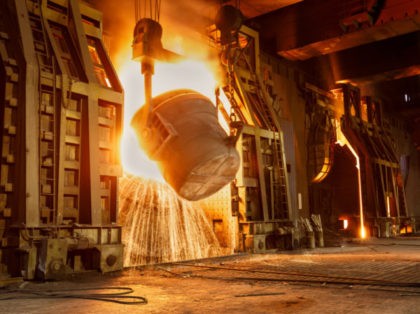
Prices of light trucks, appliances, and computers all fell in September, once again demonstrating the tariffs aren’t taxing consumers.
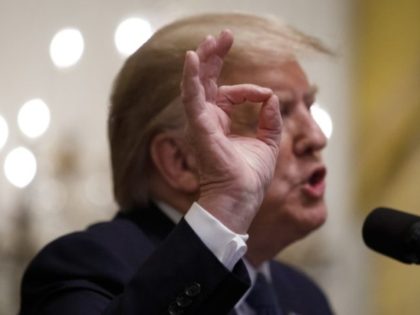
The biggest surprise: prices of materials for consumer goods are falling and business margins are improving.

Manufacturing job openings jumped to 522,000 from 515,000 in the prior month, the Department of Labor said Tuesday.
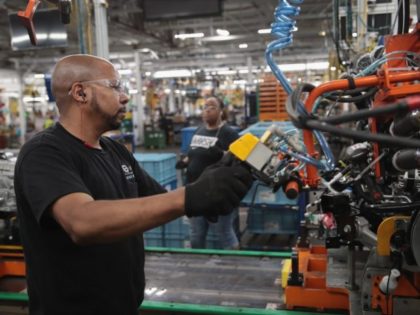
Prices of goods, less food and fuel, unexpectedly fell in July, once again demonstrating tariffs are hurting U.S. consumers.|
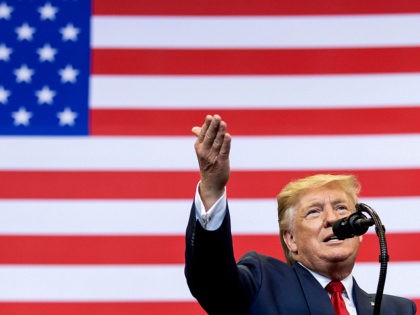
When talking about trade deals, Elizabeth Warren can sound a lot like Donald Trump. But when quizzed on specifics, she fades away.
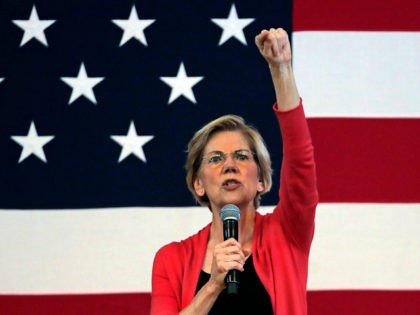
Prices for goods in the U.S. dropped 0.4 percent in June even as tariffs on $200 billion of Chinese imports rose.

Tariffs have not pushed up consumer prices. The consumer price index ticked up just 0.1 percent in June, the Department of Labor said Thursday. Compared with a year ago, prices rose just 1.6 percent, a deceleration of price gains from
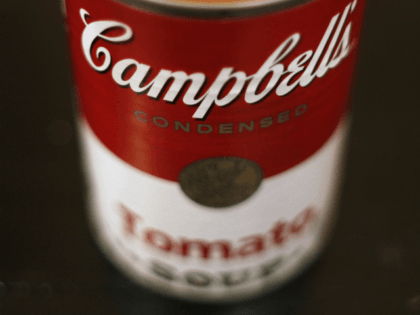
The data defy the dire predictions of experts who forecast consumers would foot the bill for tariffs.
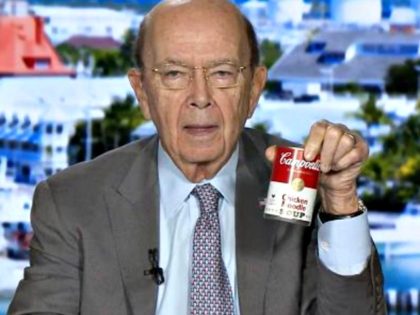
Canada and the U.S. issued a joint statement promising to bring down metals tariffs and retaliation within 48 hours.
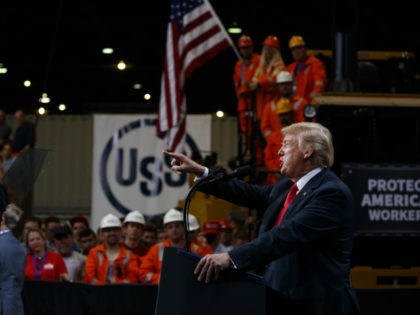
Beer, soup, televisions, phones, meats, sports equipment, and school supplies are all cheaper than they were before tariffs.

Actor Jason Momoa, known for his characteristic beard, made an environmental statement, shaving his face to promote switching to drinking water out of “infinitely recyclable aluminum.”

Prices of cars, trucks, and soup are up by less than 1 percent compard with a year ago. TV prices have fallen by 19.3 percent

When Trump announced tariffs on steel and aluminum last year, economists predicted an auto-paclypse would send prices soaring higher.

Who pays for tariffs? A year after Trump announced tariffs on steel and aluminum, there’s no sign of tariff induced-inflation.
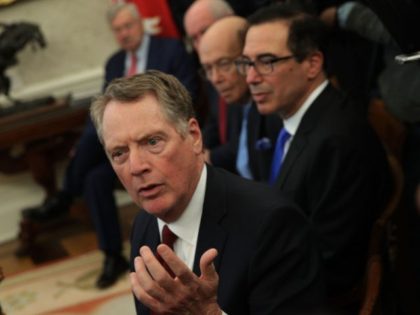
The latest price data deals a sharp blow to the fearmongers who said consumers would pay for Trump’s tariffs.
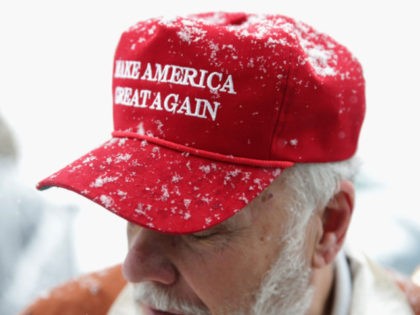
Consumer prices once again demonstrate that American households are not being squeezed by tariffs on metals and China imports

Job openings in metals-using sectors are up sharply compared to a year ago, dispelling the myth that steel and aluminum tariffs hurt U.S. workers.
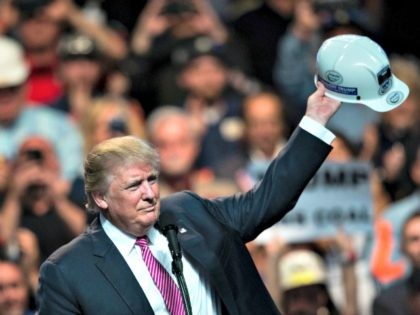
December price data defy predictions that tariffs would push price levels higher.
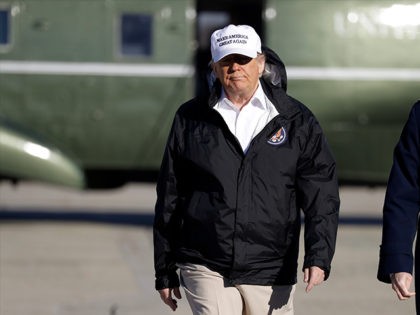
Consumer prices on many items subject to tariffs actually fell in December, defying predictions that the trade war would weigh on American consumers.
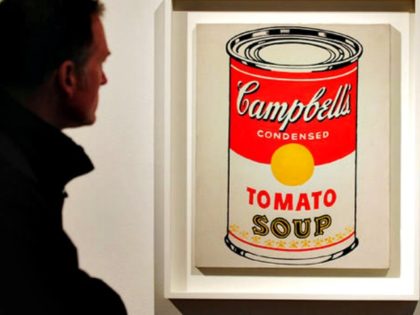
So much for the blarney about tariffs hurting U.S. manufacturers.
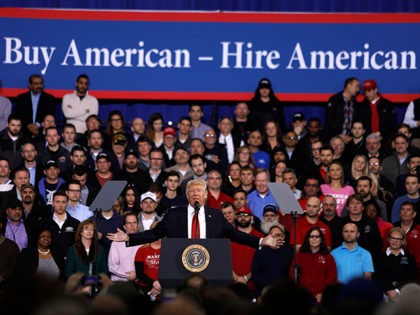
They keep saying tariffs are taxes on American consumers and forcing prices higher. And every month inflation data shows that is not true.

They told us that the metals-using American businesses would get wrecked by steel tariffs. Instead, they are thriving.
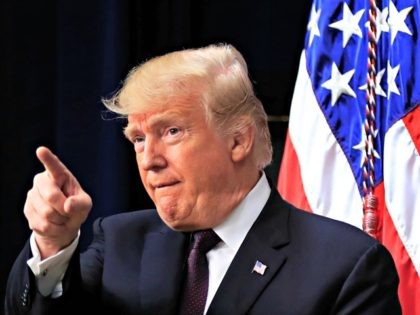
A Pittsburgh, Pennsylvania aluminum mill is crediting their rising profits to President Trump’s protective tariffs on imported foreign aluminum.
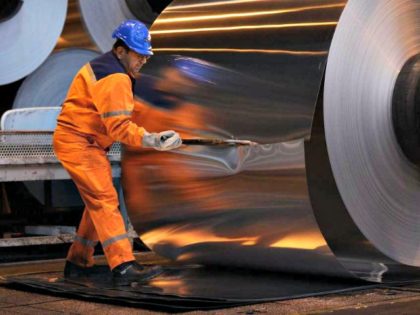
They said tariffs would destroy jobs. That hasn’t happened.

About half of U.S. business owners say President Trump’s tariffs on Chinese goods, as well as imported steel and aluminum, are good for business, calling them “positive” for the economy.
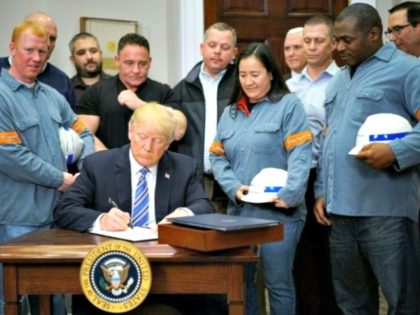
Critics said tariffs would be a tax on U.S. consumers. The recent data on producer prices, however, show higher costs are not getting passed on to American consumers.
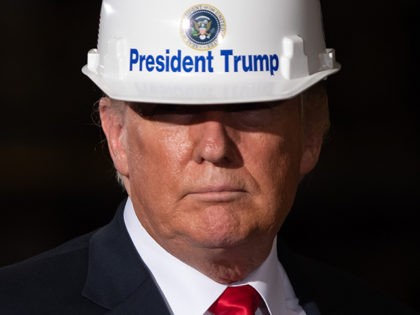
Tariffs were predicted to be a drag on productivity. Instead, U.S. worker productivity saw the biggest quarterly increase in three years after the Trump administration implemented steel and aluminum tariffs.

Remember when they said tariffs would raise the prices of beer, soup, and canned food? The latest data shows that prices are actually falling.

There are 20 times as many American jobs that have been created in the last six months thanks to President Trump’s tariffs on imported foreign goods than jobs that have been lost.
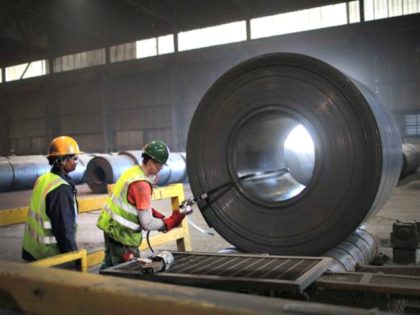
President Trump’s tariffs on imported steel, aluminum, solar panels, and washing machines have created more than 11,000 American jobs.

“Our relations with Turkey are not good at this time!” Trump wrote on Twitter.
